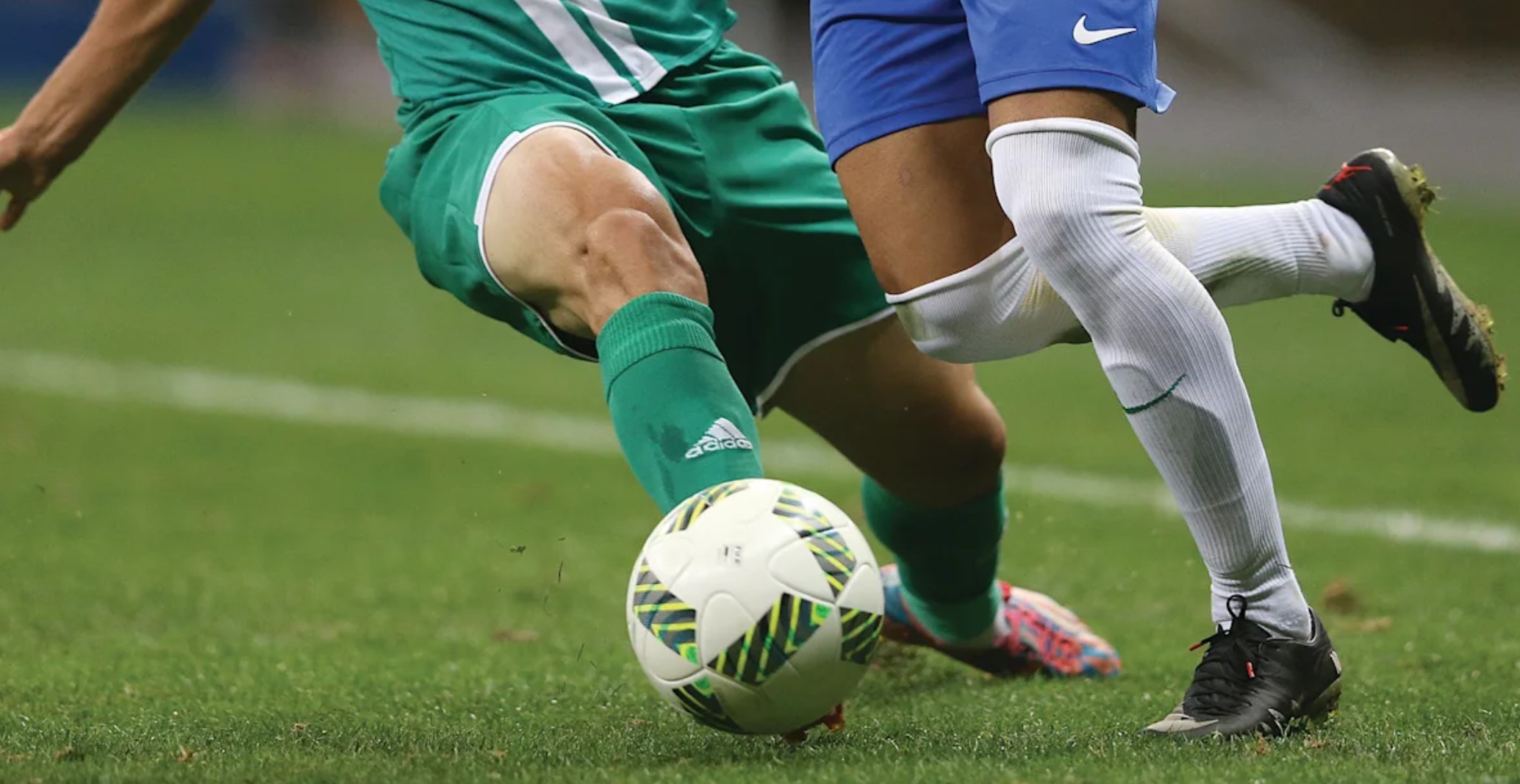The national football team of Finland is one of the lesser-known teams in Europe, with a low population rate that has directly impacted the growth of this sport in the country (Finland has a population of approximately 5.5 million). On October 22, 1911, the Finnish national football team played its first-ever international match against a team from Sweden. Unfortunately, the Finnish team lost to their Swedish neighbors by a score of 5-2. Since then, this team has experienced many ups and downs, which we will explore in this article on Finland’s football history.
Football was first introduced to Finland in the 1890s by English sailors, and the first game was played in the city of Turku. The first national football competition in this sport took place in 1906, and a school team from Turku emerged victorious. In 1907, the Football Association of Finland was established and joined FIFA the following year. Overall, if we take a realistic look at Finnish football, it has never really been at the forefront of world-class football. However, since the 1980s, Finland has been producing international stars who have revived football in the country, such as Jari Litmanen, Antti Niemi, Sami Hyypiä, Mikael Forssell, Mixu Paatelainen, Teemu Tainio, and Jussi Jääskeläinen, all of whom are well-known in the world of football today.
Finnish football : The beginning of the Finnish national team
The Finnish Football Federation, Suomen Palloliitto, is responsible for organizing the Finnish national football team and its matches. The federation was founded in 1907 and joined FIFA the following year. The Finnish national football team joined UEFA in 1954. After losing their first international match against the Swedish national team in 1911, the Finnish national football team participated in the Olympic Games in Stockholm the following year. There, they managed to achieve fourth place in the competition.
The Finnish national football team has not had a significant role in major tournaments. As of the end of March 2021, Finland’s international record includes a total of 753 matches. Of these, Finland has won 197 games and tied in 152 matches. However, the majority of the games (404 matches) ended in defeat for the Finnish national football team, indicating a need for more effort on their part.
For a long time, the Finnish national football team has been unable to qualify for the World Cup. This was also true for the European Championships until 2019, but Finland managed to qualify for Euro 2021 by defeating Liechtenstein in Helsinki. Thus, Finland secured a spot in the European Championships.
The Finnish national football team has participated in several Olympic Games. After achieving fourth place in Stockholm in 1912, they were eliminated in the round of 16 in the 1936 Berlin Olympics. In 1952, the Olympic Games were held in Helsinki, where Finland lost to Austria in the first round and was forced to withdraw from the competition. In the 1980 Moscow Olympics, the Finnish national football team was allowed to replace Norway but was eliminated in the preliminary rounds and has never qualified for the Olympics since then.

The following players have scored the most goals for the Finnish national football team:
– Jari Litmanen: 32 goals
– Mikael Forssell: 29 goals
– Teemu Pukki: 29 goals
– Jonatan Johansson: 22 goals
In recent years, the Finnish national football team has had the following coaches:
– Roy Hodgson (2006-2007)
– Stuart Baxter (2008-2010)
– Olli Huttunen (2010)
– Mixu Paatelainen (2011-2015)
– Markku Kanerva (2015)
– Hans Backe (2016)
– Markku Kanerva (since 2017)
Women’s football in Finland has taken a big step forward in the past decade. In 2009, SPL-FBF hosted the Women’s Euro Cup, which showed the progress made by Finnish women’s football. The number of Finnish women and girls playing football has increased by ten percent each year, and at the beginning of 2017, more than 32,000 female players registered in Finland. The success of the Finnish women’s national team is due in large part to the coaching of Michael Käld, who played an important role in their progress. Although the team only made it to the quarter-finals of the UEFA Women’s Euro 2009, it was a significant moment in Finnish football history. The team has been trying hard to reach higher rankings in women’s football in recent years.
The history of football in Finland dates back to the 1890s when English sailors and merchants introduced the sport to the country. In 1905, the first unofficial championship was held, and in 1906, the first international match was played. In 1907, the Football Association of Finland was established, and in 1908, it joined FIFA. In 1954, the association joined UEFA. In the 1970s and 1980s, many facilities were established for developing talented players. Before that, many players moved abroad to play because there were no complete facilities for football in the country.
The Finnish national football team played its first international match in 1911 against Sweden, losing 5-2 in Helsinki. In 1912, the national team defeated Italy and Russia in the Olympics held in Stockholm. In 1982, Finland played its first game in the new UEFA women’s football competition against Sweden. In 2005, Finland reached the semi-finals of the Women’s Euro Cup. In 2019, Finland defeated Liechtenstein in the preliminary round of Group J to qualify for UEFA Euro 2020 (its first major men’s international tournament in history).

tournaments
The Finnish national football team has not participated in many major tournaments. Here is a breakdown of their participation:
FIFA World Cup:
– 1930 and 1934: Did not participate
– 1938: Did not qualify
– 1950: Eliminated during the preliminary rounds
– 1954 to 2022: Did not qualify
UEFA European Championship:
– 1960 and 1964: Did not participate
– 1968 to 2016: Did not qualify
– 2021: Qualified for the first time in history
Olympic Games (Senior National Team):
– Did not participate in London 1908
– Finished fourth in Stockholm 1912
– Did not participate in Antwerp 1920
– Did not participate in Paris 1924
– Did not participate in Amsterdam 1928
– Round of 16 in Berlin 1936
– Did not participate in London 1948
After 1948, the senior national team did not participate in the Olympic Games, but they played in the qualifying matches for the Olympics in 1960 against Poland, in 1964 against the Soviet Union, and 1976 against Norway. In the 1952 Helsinki Olympics, the Finnish Olympic team was eliminated in the first round by Austria as the host team. In 1980, the Finnish Olympic team qualified as a replacement for the Norwegian Olympic team and was eliminated in the preliminary rounds. Since then, no Finnish team has been able to qualify for the Olympic Games.












